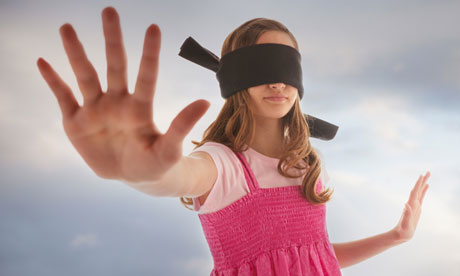
The scenario of China Miéville's The City and The City reveals itself like an armchair traveller's road trip through eastern Europe. There's the once beautiful but dishevelled city of Besźel, reminiscent of a Krakow that never recovered. Then there's the modernised Ul Qoma, a hub of new investments and growth that brings to mind a post-reunification Berlin.
These two cities occupy the same geographical space, divided not by walls, but by Miéville's genius for the fantastic. Certain areas belong to Besźel, others to Ul Qoma, while some are crosshatched between the two. Citizens from one city learn from birth to "unsee" the citizens, vehicles, buildings of the other. Any crossing of these boundaries invokes a shadowy organisation called Breach, which exists to police the separation.
Into this zone is thrust Inspector Tyador Borlú of the Besźel Extreme Crime Squad, who is faced with the corpse of a student from a university in Ul Qoma. All evidence points towards cross-border foul play, but vested interests want the case tidied away and forgotten. From this point the novel settles into one of the best police procedurals you will ever encounter.
If you read it on that level alone you will enjoy it, and first time round that's what I did. Yet it lurked in the back of my mind, drawing me back, and the next time I went away I packed the book in my bag.
My second reading was at a much more leisurely pace and in a more leisurely situation, and this time it wasn't just the plot and characters that gripped me, but the realisation that we all go through our lives much like the citizens of Besźel and Ul Qoma, carefully not seeing things that we don't want to see.
The sensation of culture shock that this creates is heightened if you happen to be outside normal routines and comfort zones, making you think about examples of bias or media blackouts, about alienation in society in general and the things to which you personally are oblivious as you travel to work or wander around the shops.
It may not sound like a cheery beach read, but Miéville writes convincingly and positively, showing the issues of a society in which people are blind to each other, and emphasising how much things can improve if we only open our eyes a little wider. It's a book not only for the beach but for any kind of holiday, because it repays as much thought as you are willing or able to put into it.
• James Cole comments as wolveseatdogs

